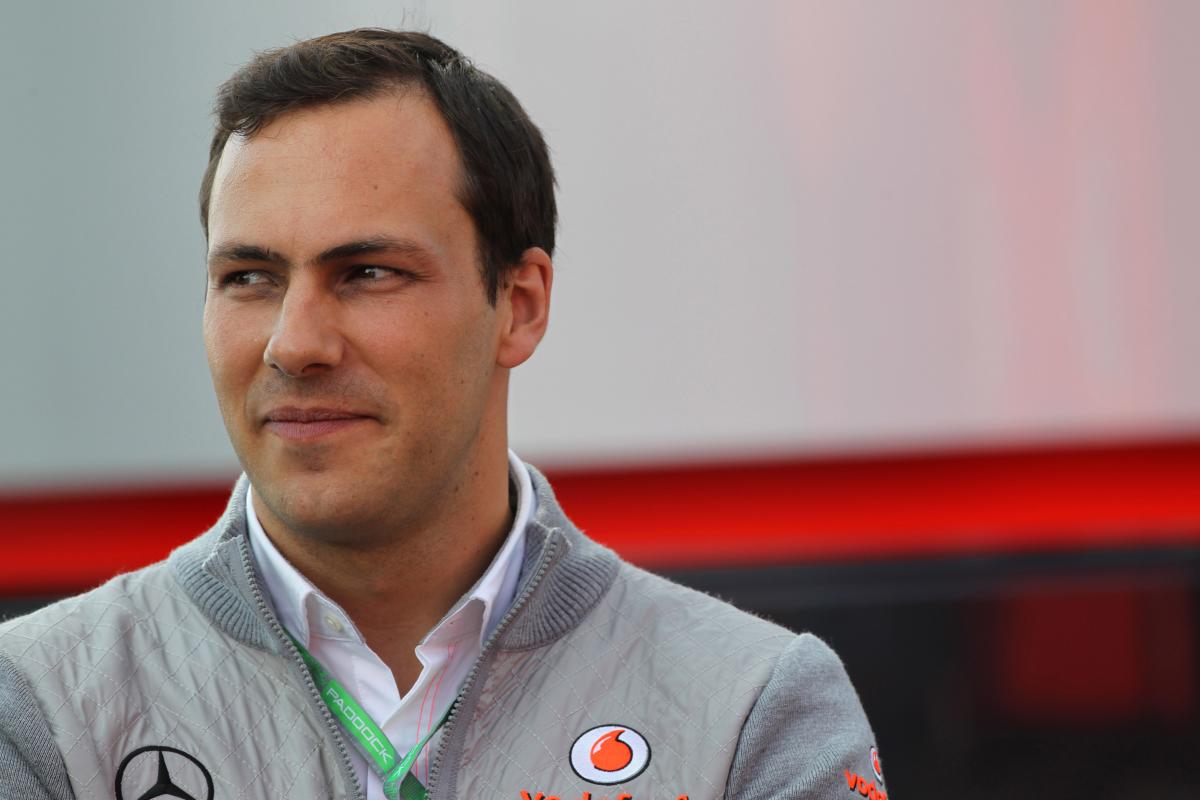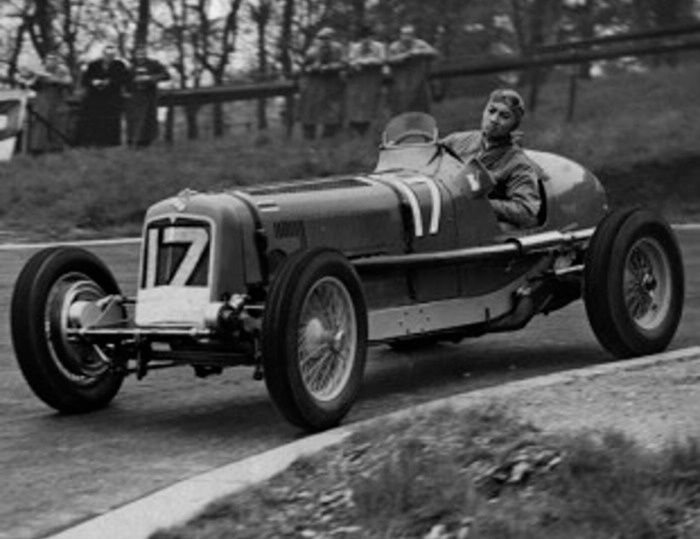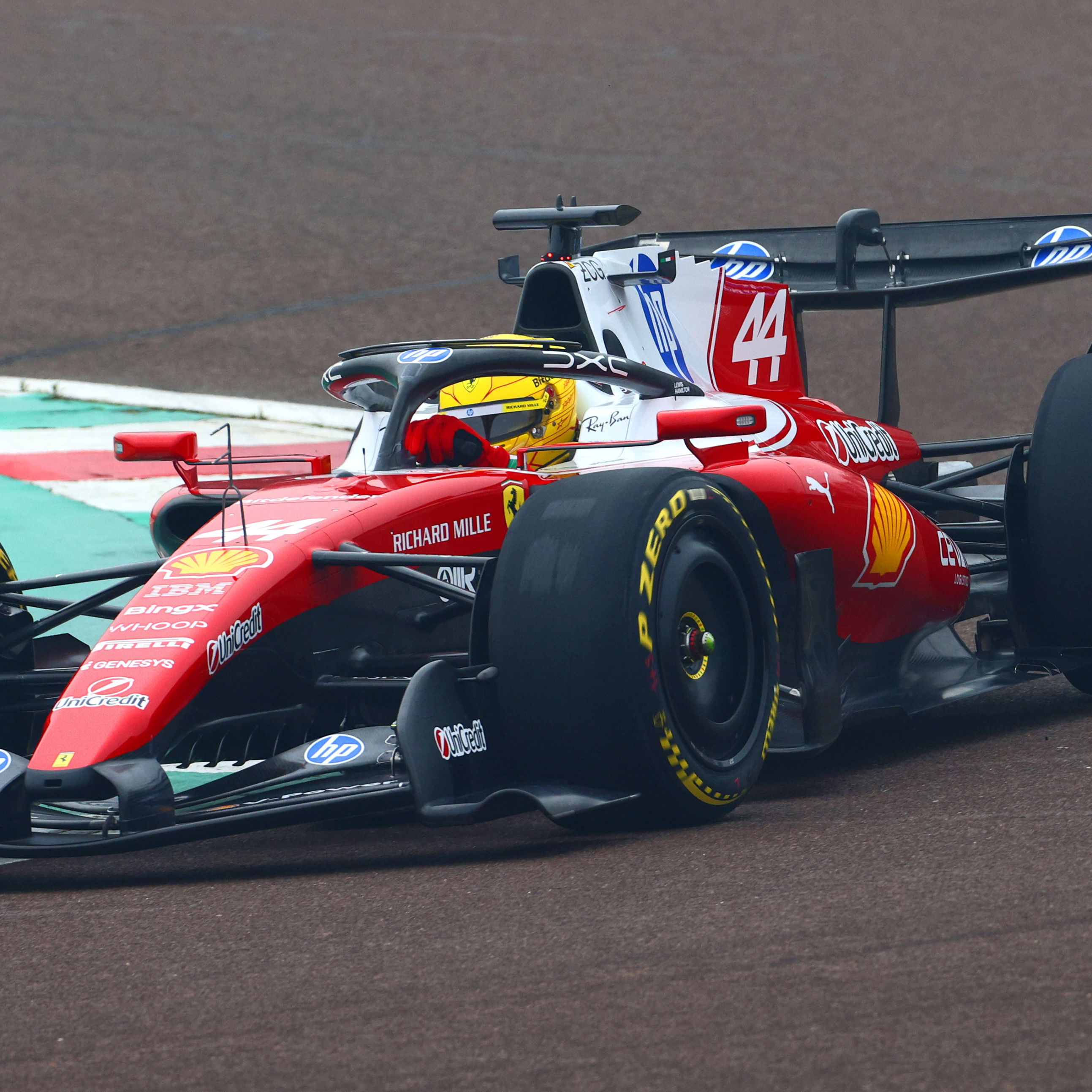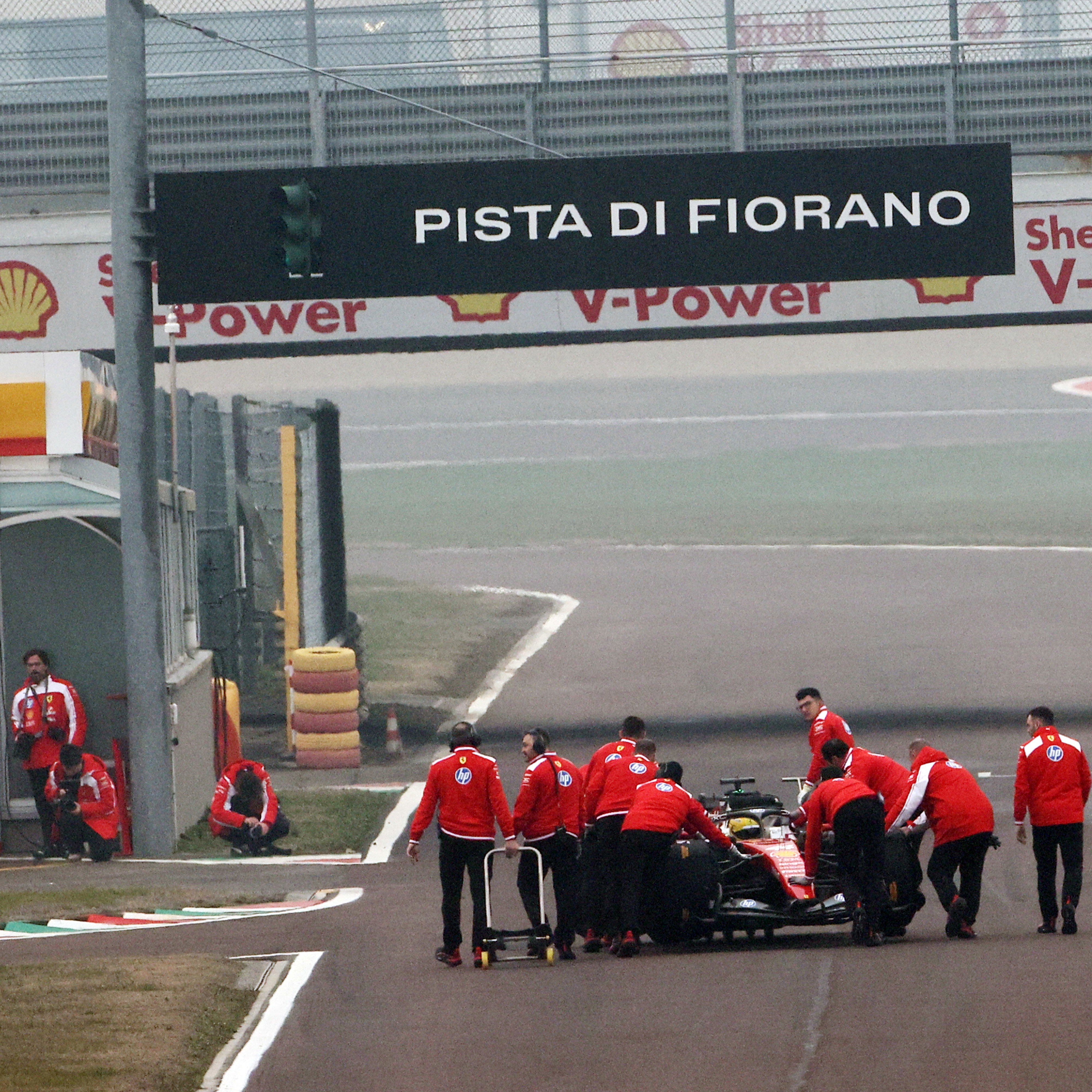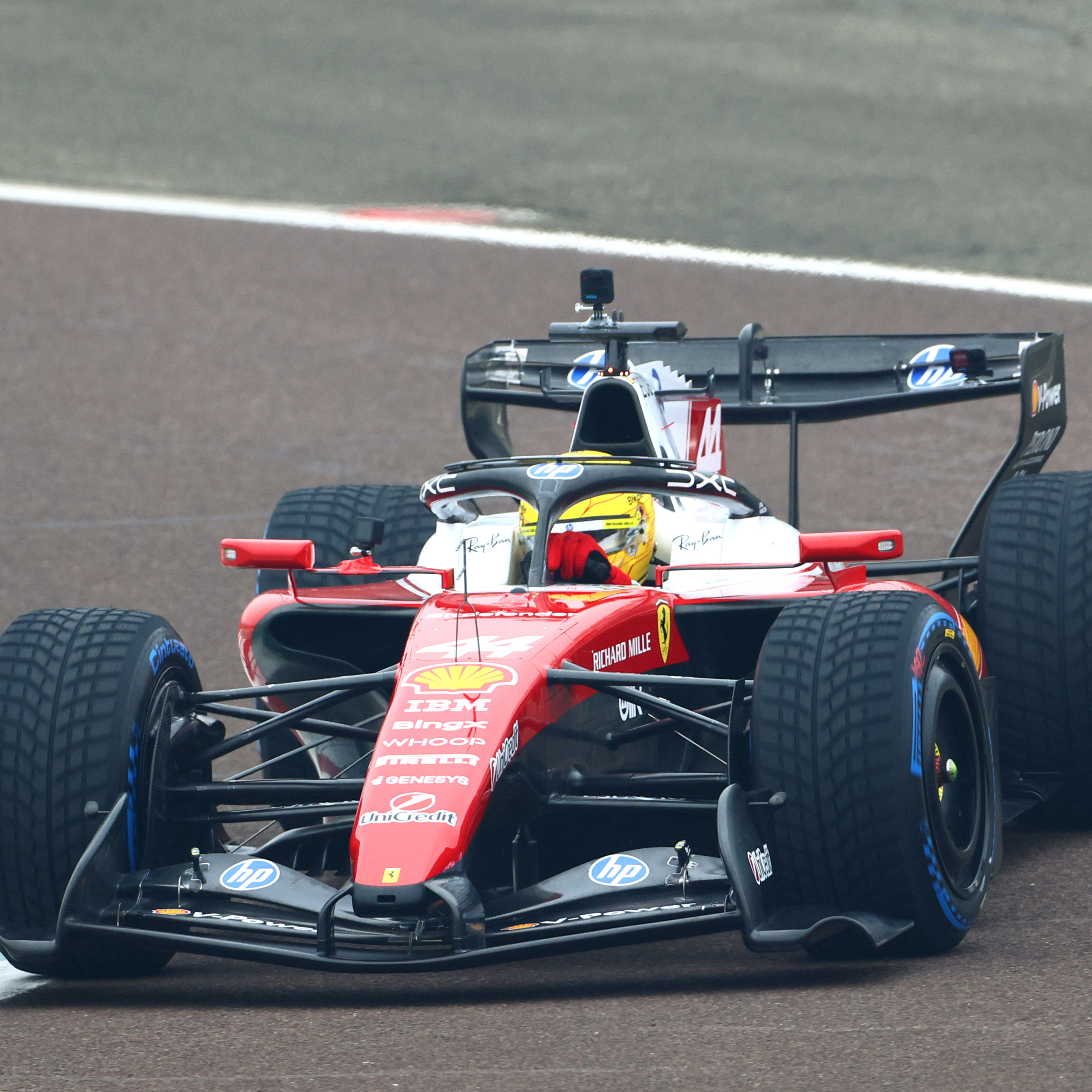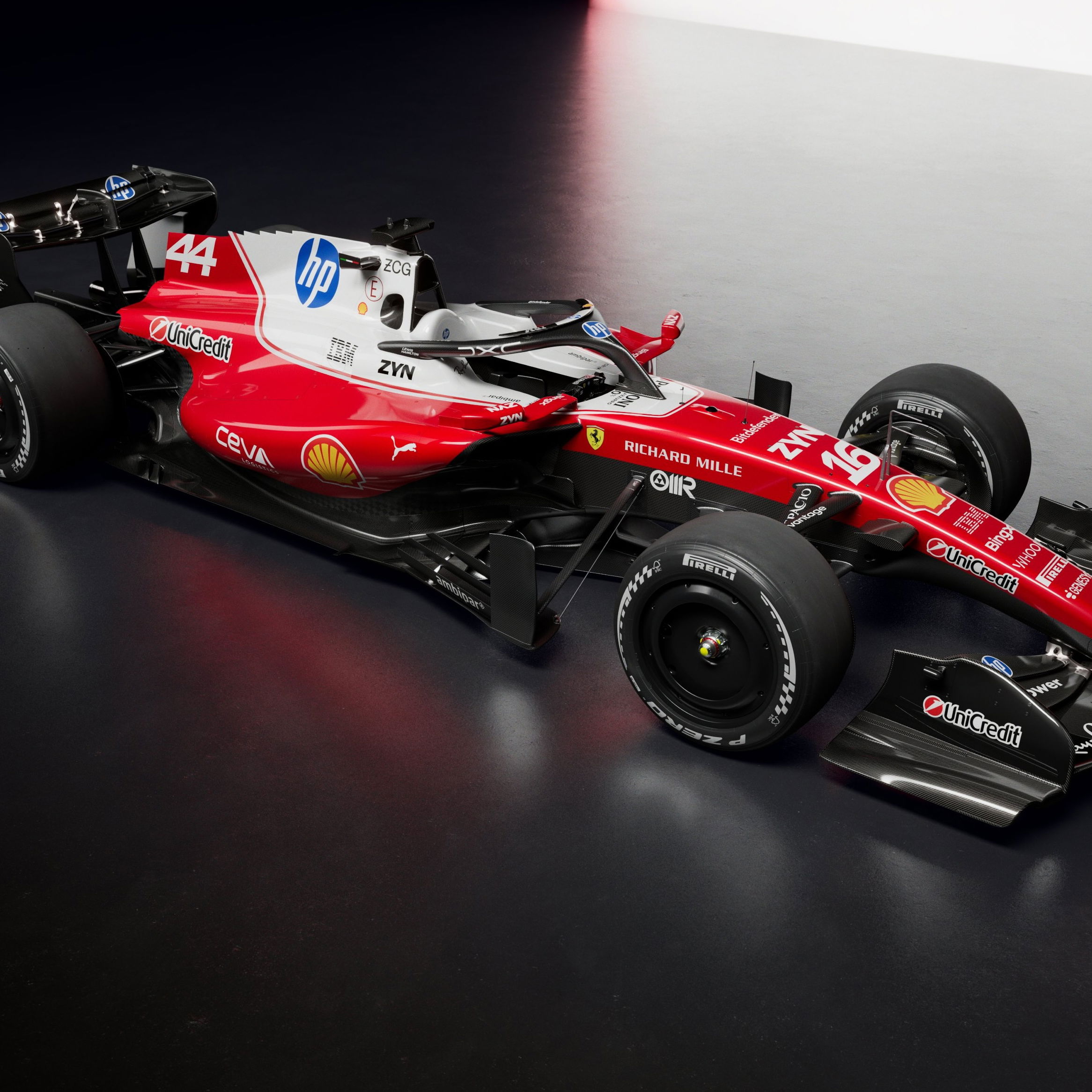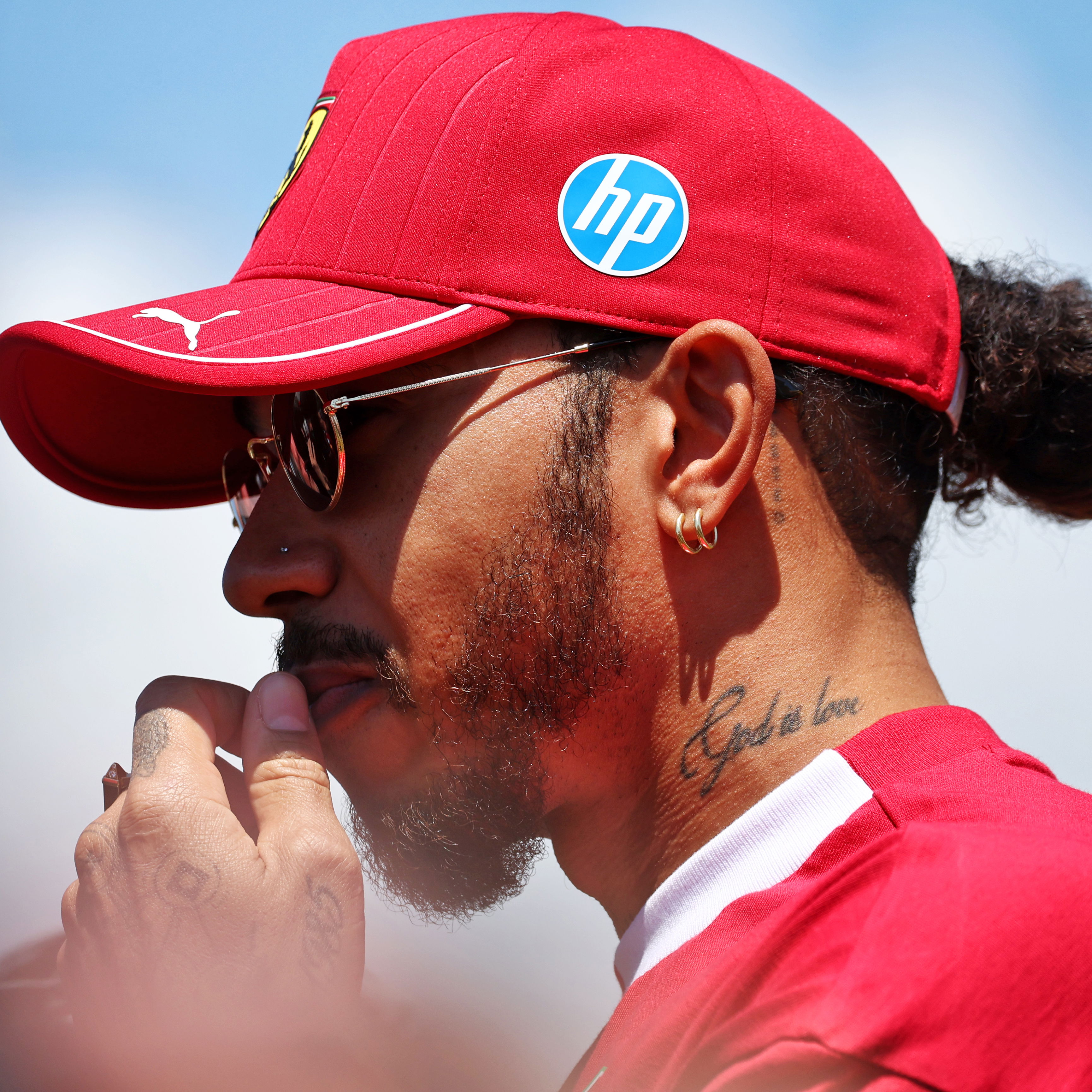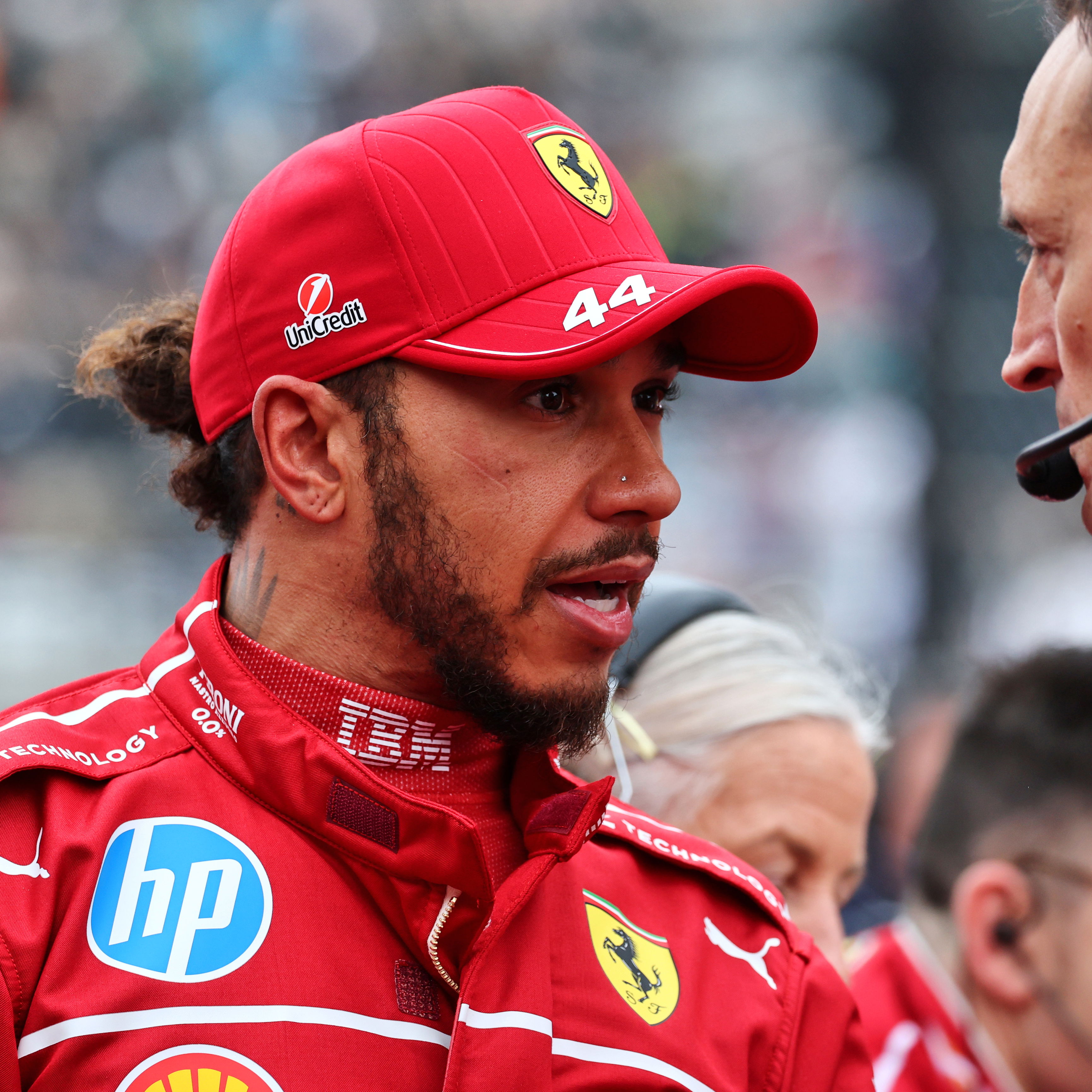In memory of ... the 2007 F1 title showdown

This weekend's Abu Dhabi Grand Prix will see Lewis Hamilton and Nico Rosberg take each other on in a head-to-head winner takes all showdown for Formula One's ultimate prize: the World Drivers' Championship.
The Mercedes duo will be the tenth set of team-mates in F1 history to fight for the title at the last race of the season, and the first pair to contest an exclusively intra-team showdown since Damon Hill and Jacques Villenueve in 1996.
2014 will be the 26th of Formula One's 65 seasons to have gone down to the wire. Whilst the intensity of a championship finale may be unchartered territory for Nico Rosberg, this will be the fourth time that Lewis Hamilton has headed to the last race of the season with a chance of winning the title.
At the 2010 Abu Dhabi Grand Prix, Hamilton was unable to overturn a nigh-on insurmountable 24-point deficit to championship leader Fernando Alonso in a four-way showdown that also included the Red Bulls of Mark Webber and ultimate champion Sebastian Vettel.
In Brazil in 2008, Hamilton famously took fifth place, and with it the points required to clinch the championship, on the very last corner of the last lap to snatch his maiden title from Ferrari rival Felipe Massa.
Hamilton's debut season, 2007, also saw him take a significant points advantage over a team-mate into a championship showdown - and it would prove a remarkable and unexpected conclusion to one of Formula One's most infamously bitter and closely fought campaigns.
A TUMULTUOUS SEASON
Lewis Hamilton's maiden season in F1 was nothing short of the most spectacular debut campaign in the sport's history. Promoted to a race seat with McLaren-Mercedes after a decade-long apprenticeship that concluded with his coronation as the 2006 GP2 champion, Hamilton outperformed not only every reasonable expectation but also his team-mate - reigning double world champion Fernando Alonso.
What started as an on-track rivalry between two team-mates rooted in pure racing performance spiralled out of control throughout the season into an infamously seismic sequence of events that tore the McLaren team to its very foundations - and by the time of the championship showdown in Brazil created a poisonous backdrop against which Hamilton and Alonso would fight for the title.
Alonso had arrived at McLaren in a blaze of glory as the youngest ever double world champion and the man who had ended the Michael Schumacher monopoly. Expectations of Hamilton, who had been chosen for the no. 2 car ahead of Pedro de la Rosa and Gary Paffett, extended little beyond a steep learning curve and a support role to Alonso's expected championship challenge.
Hamilton demonstrated immediately though that he was not only a fast, consistent driver with elite racecraft, he was a genuine title contender. An unprecedented run of nine consecutive podiums to start his career, including two victories, gave Hamilton a 14 point lead over Alonso in the standings by mid-season. Hamilton had gotten under the Spaniard's skin, and Alonso was plainly unable to cope with the unexpected fact that, more often than not, he was simply not as fast as his rookie team-mate.
Cracks in the relationship appeared early, and widened into crevices as the season wore on. At Monaco, Hamilton suggested he was prevented from challenging Alonso for the lead by his team - a claim that saw McLaren under investigation from the FIA. Alonso retorted two weeks later by first airing his views that McLaren were favouring Hamilton when their efforts should have been concentrated on him as a double world champion. After Hamilton's first win in Canada, Alonso declined to congratulate the Briton, instead claiming he had been 'very lucky'. At Silverstone, Alonso accused McLaren of jeapordising his chances of winning the race by focusing too much on Hamilton's quest for pole position. In Hungary, simmering tension exploded into all-out war after Alonso was given a five-place grid penalty for blocking Hamilton in the pit lane during qualifying and denying him the opportunity for a final 'hot lap'. Alonso subsequently confronted team principal Ron Dennis and threatened to expose emails showing that McLaren had obtained technical information from Ferrari - tipping the 'spygate' scandal into the public consciousness and catalysing a series of events that would lead to McLaren's ultimate disqualification from the Constructors' Championship.
During a tumultuous autumn, played out against a backdrop of FIA hearings, ceaseless Machiavellian sniping in the press between the two McLaren drivers and incessant rumours that Alonso would be leaving the team at the end of the season, Hamilton maintained his championship lead. After the Japanese Grand Prix, which Hamilton brilliantly won in treacherous conditions after Alonso crashed out, Hamilton held a 12 point lead over his team-mate and a 17 point advantage over Ferrari's Kimi Raikkonen with two races to go.
In China, all Hamilton had to do was finish within one point of Alonso and within six points of Raikkonen to clinch a sensational maiden championship. However, a gross strategic miscalculation saw the Briton pitifully slither off the track into retirement on almost comically worn tyres, ensuring that the title battle would go down to the wire.
A RANK OUTSIDER
Whilst McLaren may have dominated the headlines during the course of the season, on the track they were pushed all the way by their eternal rivals as Ferrari made it a four-way fight for the title.
It was a season in which every single pole, fastest lap and race win was shared between the McLarens of Alonso and Hamilton and the Ferraris of Raikkonen and Felipe Massa, and in which only 5 podium finishes of the 51 available were scored by drivers outside of the Ferrari and McLaren stranglehold.
Raikkonen had narrowly missed out on the 2003 championship, finishing runner-up to Michael Schumacher, and had come off second best in a two-way fight for the 2005 title, losing out to the consistency of Alonso and Renault in a season in which the erratic Raikkonen-McLaren combination had undoubtedly been the fastest package on the grid. After a dismal, winless 2006 the Finn had moved to Ferrari, hired at great expense to lead the team into the post-Schumacher era.
Despite a strong start, with Raikkonen winning on his Ferrari debut in Australia, the Scuderia were playing catch up to McLaren for the majority of the season. Up to the European Grand Prix in mid-July, Massa led the Ferrari charge, but a stunning second half to the season brought Raikkonen's challenge into sharp focus. A string of consecutive podiums, including a win in Belgium, gave Raikkonen an outside chance of taking his maiden championship with two races to go: 17 points behind Hamilton with 20 available.
Hamilton's clumsy retirement in China, allied with another win for Raikkonen, put the Finn in the frame ahead of the decider in Brazil. With a seven-point deficit to Hamilton, and three points behind Alonso, Raikkonen was still very much an outside bet. The Finn though had momentum and a united team behind him, the latter of which would prove a crucial factor in deciding the destiny of the championship.
THE SHOWDOWN
Hamilton (107 points), Alonso (103 points) and Raikkonen (100 points) headed to the final race in Brazil contending the first three-way championship showdown since the 1986 Australian Grand Prix. On that occasion, Alain Prost had overhauled a six point deficit to Nigel Mansell to claim the title ahead of the Englishman and his team-mate Nelson Piquet - an ominous portent for Hamilton.
Of more pressing and prescient concern to Hamilton though was the resurgent form of Ferrari. The Maranello outfit had enjoyed a performance advantage over McLaren through the second half of the season, and in Massa they had an Interlagos specialist who had taken a dominant win for Ferrari in Sao Paulo the previous season ready to act as a willing rear-gunner to Raikkonen.
Hamilton had never raced in Sao Paulo before, and his two rivals had never won there, although Alonso had clinched both the 2005 and 2006 world championships at Interlagos. There seemed little chance of further happy memories being added to the Alonso archive however. After a scathing attack on Ron Dennis during the Chinese GP weekend and comments questioning the integrity and fairness of the McLaren team prior to the Brazilian race, Alonso's already dismal relationship with the team hit a new low. Both Alonso and Hamilton had publicly stated pre-race that continuing to race alongside each other would be untenable in 2008, but it was Alonso who appeared increasingly estranged and isolated as the season drew to a close. With speculation swirling that the Spaniard was to be released from his three-year contract after only one season, the McLaren soap opera remained the dominant issue ahead of the race - much to Raikkonen and Ferrari's advantage.
Hometown hero Massa took pole position during a closely fought qualifying session, heading Hamilton, Raikkonen and Alonso respectively - with the quartet covered by just four tenths. It remained advantage Hamilton, with the Briton knowing that keeping his two rivals behind him during the race would be sufficient to take the title.
As the lights went out on raceday, Hamilton's plan lasted roughly 200 metres. Raikkonen's Ferrari launched off the line and past the Briton before turn one, demoting Hamilton to third. Alonso tucked in behind, but as Hamilton became boxed in behind Raikkonen through the Senna S the Spaniard drew alongside and claimed third place on the inside into turn three. Dismayed at his poor start, Hamilton impetuously attempted to make instant amends at turn four. The Briton went in too hot as Alonso braked early on the inside line and slid into the run-off area, quickly rejoining the circuit but dropping to eighth place by the end of lap one. The defining moment of the battle had come early, and with it disappeared any chance of the title being settled in direct on-track combat between the contenders.
Given the pace of the McLaren this was not necessarily a disaster in itself, and Hamilton quickly set about recovering to fourth place. On lap eight though Hamilton suffered his first mechanical issue of the season at the most inappropriate time imaginable, when his car slipped out of gear and coasted for over 40 seconds before the electronics corrected themselves - leaving the Briton plum last and facing his worst-case scenario.
With Raikkonen undoubtedly due to pass Massa for the lead and Alonso not in contention against the pace of the Ferraris, the challenge for Hamilton was to recover fifth place and the four points required to clinch the championship in the event of a Raikkonen win. To that end, McLaren placed Hamilton on an aggressive three-stop strategy to ensure he would be sufficiently low-fuelled to pass as many cars as possible on the circuit. In a drive that bore hallmarks of Michael Schumacher's ultimately futile recovery charge from the previous year, Hamilton battled valiantly to make up both places and time - but circumstances were firmly against him.
Raikkonen duly took the lead during the second round of stops on lap 53, and the final twenty laps saw the tension drain away as Alonso fell almost a minute behind the Ferraris and a lapped Hamilton vainly chased down the distant BMW Saubers of Robert Kubica and Nick Heidfeld who were running line astern in fifth and sixth places respectively.
As the laps ticked by Hamilton simply ran out of time, and Raikkonen cruised to the win he needed for a famous maiden title. Alonso finished third behind Massa, and Hamilton could only recover to seventh place. It was the closest three-way championship finish in F1 history, with Raikkonen's 110 points just edging out Hamilton and Alonso on 109 points (with the Briton placed second on countback).
For Hamilton it was a galling defeat. While all within McLaren had concentrated their efforts on fighting each other, Raikkonen had sidled in and claimed the championship almost un-noticed. From a seemingly unassailable position with two races to go, through a combination of team and driver errors and rank bad luck, Hamilton had lost the title as much as Raikkonen had won it. The nuclear fallout from Woking continued long into the post-season with Alonso's inevitable departure confirmed less than two weeks after the Brazilian GP, but the enduring controversy masked an inconvenient sporting truth: McLaren, Hamilton and Alonso had between them contrived to let both world titles slip through their grasp.
DRAWING PARALLELS
What lessons for Hamilton then as he prepares to take on his team-mate after a season of contentious sparring that has born many of the same hallmarks as his 2007 campaign? For one, context is key. Although superficially there are similarities between the 'team-mates at war' narrative, in reality the tumultuousness of 2007 was ultimately defined by a series of sabotage and systematic failures within McLaren. Thrown out of the constructor's title and denied the drivers' championship at the last, it was a year of febrile failure that by any objective measure should have resulted in two championships. With few incidences of genuine wheel-to-wheel action between Hamilton and Alonso, 2007 was primarily a championship battle of perceptions, of sides, of slander and counter-claim - with an unsatisfying tie for second place on points and a 'nil points' overall for McLaren perhaps the only appropriate outcome for a campaign in which the team's key protagonists seemed to repeatedly trip over themselves at almost every turn to hand both titles to Ferrari.
Comparatively, Mercedes in 2014 have enjoyed a near-perfect year, capitalising on a dominant car to coast to the constructors' championship and managing their drivers to the best extent possible to ensure that politics took a backseat to the ultimate success of the team. From the epic duel in Bahrain to Rosberg's alleged skullduggery in Monaco qualifying, and from the tetchy team radio transmissions of Hungary to the now notorious lap two collision in Spa, 2014 has been a year in which the key flashpoints of the title battle have predominantly played out on the track. Unlike in 2007, instead of ramping up the tension the second half of the season has seen an emotional d?tente between Hamilton and his team-mate, with the fallout from Spa seeming to cool (publicly at least) the simmering tensions and verbal sniping between the Mercedes drivers.
Perhaps therein also lies a sign of increased maturity from Hamilton. His newfound ability to reign in the outer extremes of his emotional spectrum indicates a racer more prepared to take an objective view of proceedings. In diffusing the friction, both Mercedes drivers have resolved to let their driving do the talking: a state of affairs that has clearly suited Hamilton during the second half of the campaign. Though Hamilton still retains a determined focus on victory, it is difficult to see either he or Mercedes conspiring to such a strategic failure as China '07 for example. Whilst there may be some parallels between the two seasons, it would be difficult to argue against the point that both Hamilton and the team behind him are significantly better equipped to turn a significant advantage into championship success in Abu Dhabi.
Whilst Brazil 2007 saw a denouement fuelled by emotion, burdened by the weight of history, and ultimately decided by a combination of impetuousness and misfortune, 2014 will likely elicit more sanguine conclusion. This is neither the first nor last chance saloon for Hamilton, and he should surely heed the tendencies of the present, not the failures of the past, to give himself the best chance of clinching his second world championship.
